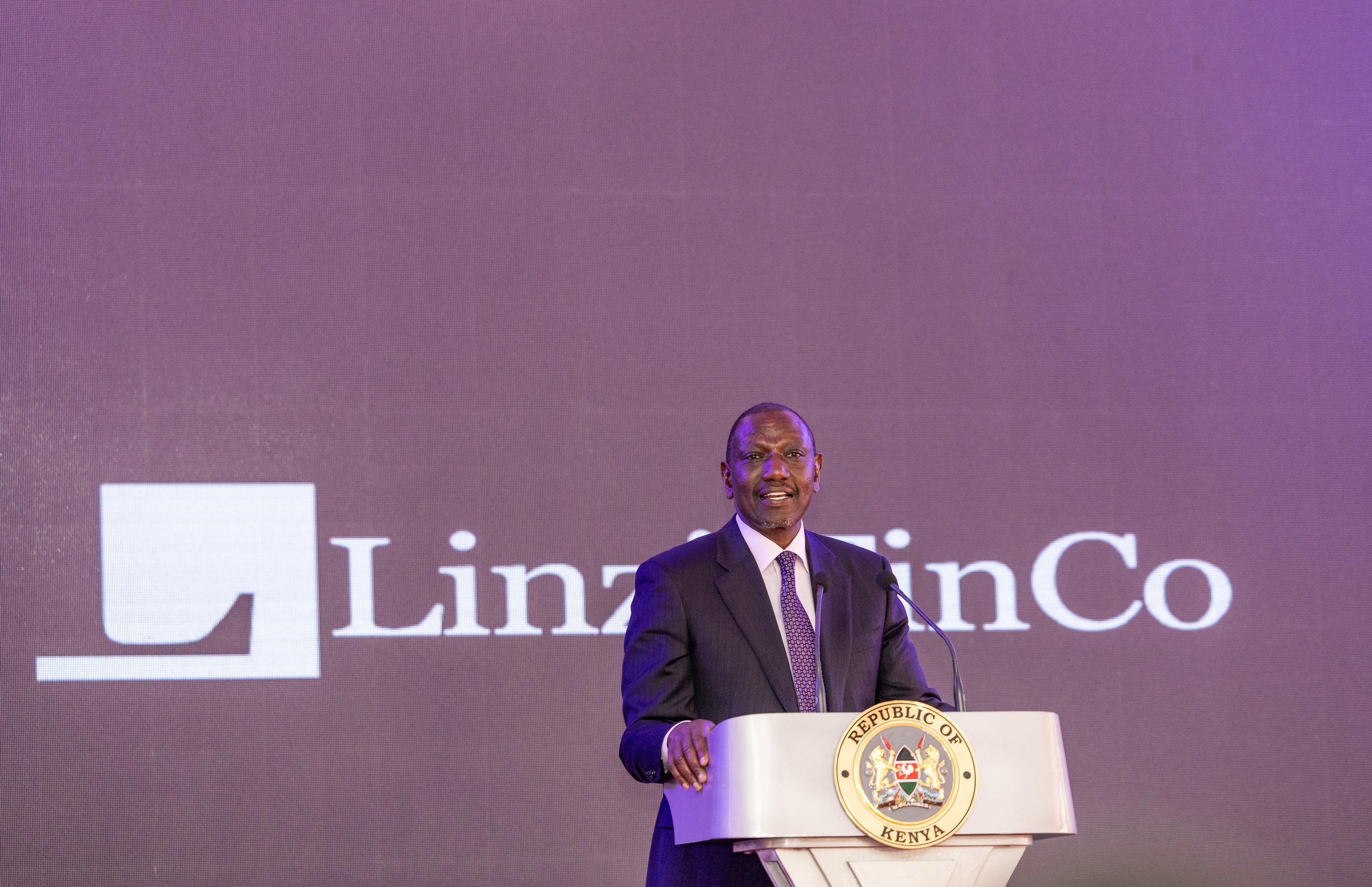
President William Ruto has responded to mounting calls from the opposition for his resignation, stating that like all leaders before him, his time in office will eventually end.
However, he stressed that leadership transitions should be determined through a fair contest of ideas, not slogans.
Speaking Wednesday during the bell-ringing ceremony to commemorate the listing of the Linzi asset-backed security at the Nairobi Securities Exchange (NSE), Ruto challenged the particular leaders to present a clear, actionable alternative plan for the country.
He dismissed the chants of “Ruto must go” as empty rhetoric, saying they offer no real solutions to the nation’s challenges.
“I listened to another group of friends, Kenyans, brothers and sisters who say Ruto must go,” he said.
“For sure, just like those who were there before me, I will go. But respectfully, sirs and madams, let me ask you, what are your reasons for this call?”
Ruto dismissed opposition slogans as insufficient, urging critics to present a tangible and superior plan instead of riding on emotion or populist messaging.
“I am sure it is not about the spelling of my name. Maybe it is because we don’t agree on ideas, policies, or the plan I have for our nation, which is okay,” he said.
He said the country must have a candid conversation on its future and called out those resisting reforms, such as the new funding models in health and housing, accusing them of being too comfortable with the old, dysfunctional systems.
Ruto likened the opposition’s approach to the notorious “wash wash” scams, criticising them for lacking credible proposals on the economy, healthcare, jobs, and education.
“If your plan does better than mine on jobs, on the economy, on healthcare, on education, you should be bold enough to tell us,” the President stated.
“What I hear is one chant: Ruto must go. That is not enough.”
He said the country must have a candid conversation on its future and called out those resisting reforms, such as the new funding models in health and housing, accusing them of being too comfortable with the old, dysfunctional systems.
“They want us to go back to NHIF? The old NHIF never worked. They want to return to the old university funding model? That crippled higher education. They want to abolish the housing program? That sounds like people who prefer the status quo, the familiar, no change,” he said.
















